Americans are hooked on brain-boosting apps. Your father or grandmother might buy programs like Lumosity in the hopes that its appealing marketing claims will be realized: Just a few minutes of puzzle solving each day will make you smarter, boost your memory, and stave off conditions like dementia and Alzheimer’s. Altogether, consumers now spend $1 billion every year on brain games.
The problem with these programs: They’re a load of hooey. For years, researchers have looked into brain games and found that they simply don’t have the real-world benefits they purport to.
Now the federal government’s starting to crack down. On Tuesday, the Federal Trade Commission announced that Lumos Labs, the developer of the “brain training” program Lumosity, will pay out $2 million to settle deceptive advertising charges. (Read the complaint here.)
Lumosity “preyed on consumers’ fears about age-related cognitive decline, suggesting their games could stave off memory loss, dementia, and even Alzheimer’s disease,” said Jessica Rich, director of the FTC’s Bureau of Consumer Protection, in a statement. “But Lumosity simply did not have the science to back up its ads.”
There’s little evidence that “brain games” actually work
Many brain training programs broadly promise to work like this: Play their specially designed games for a few minutes several times per week and see amazing results, like better school and sport performance, better memory, and even improved recovery from illnesses such as stroke and traumatic brain injury.
The evidence tells another story, however. Take, for instance, this particularly telling study: Researchers at Florida State University assigned undergraduates to play either Lumosity or the video game Portal 2 for eight hours. At the end, the Portal 2 group outperformed the Lumosity group on cognitive tests. The Lumosity players, meanwhile, “showed no gains on any measure.”
When independent researchers tried to replicate an early study that suggested Lumosity might actually boost memory and IQ, they failed to find any effect. The lackluster results square with a 2013 systematic review of the literature, which concluded that memory training programs have not been shown to make concrete improvements on memory, intelligence, or cognitive ability.
This is no secret to the neuroscience community. In 2014, a group of nearly 70 researchers spoke out against brain games: “To date, there is little evidence that playing brain games improves underlying broad cognitive abilities, or that it enables one to better navigate a complex realm of everyday life,” they wrote.
Instead of buying a brain game this season, consider going for a walk. Unlike brain games, researchers have found evidence that regular exercise can lead to cognitive improvements. Those improvements are generally modest, to be clear — but that’s better than the non-boost you get from a brain game. And it’s free.
http://www.vox.com/2016/1/6/10724096/science-brain-games-lumosity
-
 PLAY VIDEO
PLAY VIDEO -
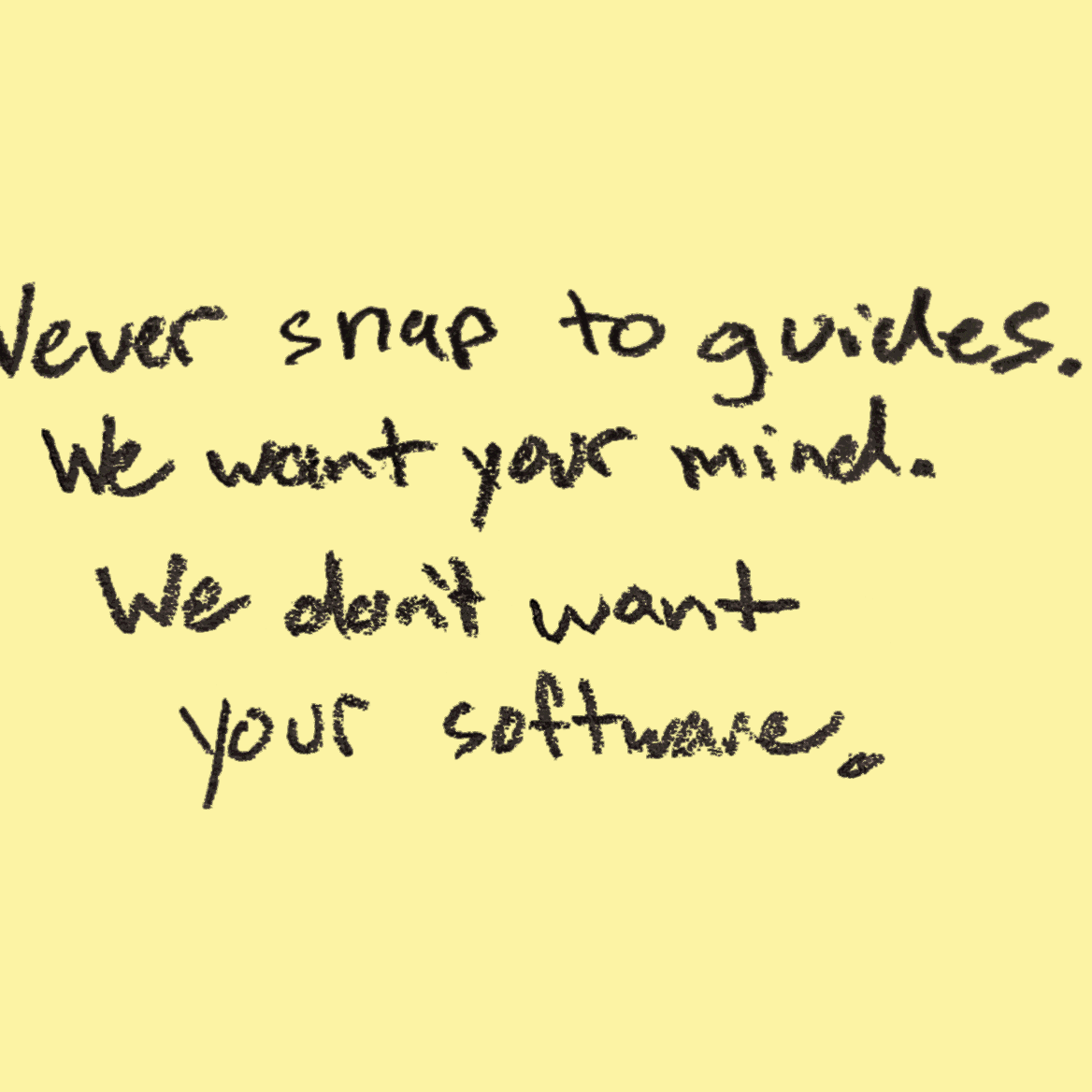 PLAY VIDEO
PLAY VIDEO -
 PLAY VIDEO
PLAY VIDEO -
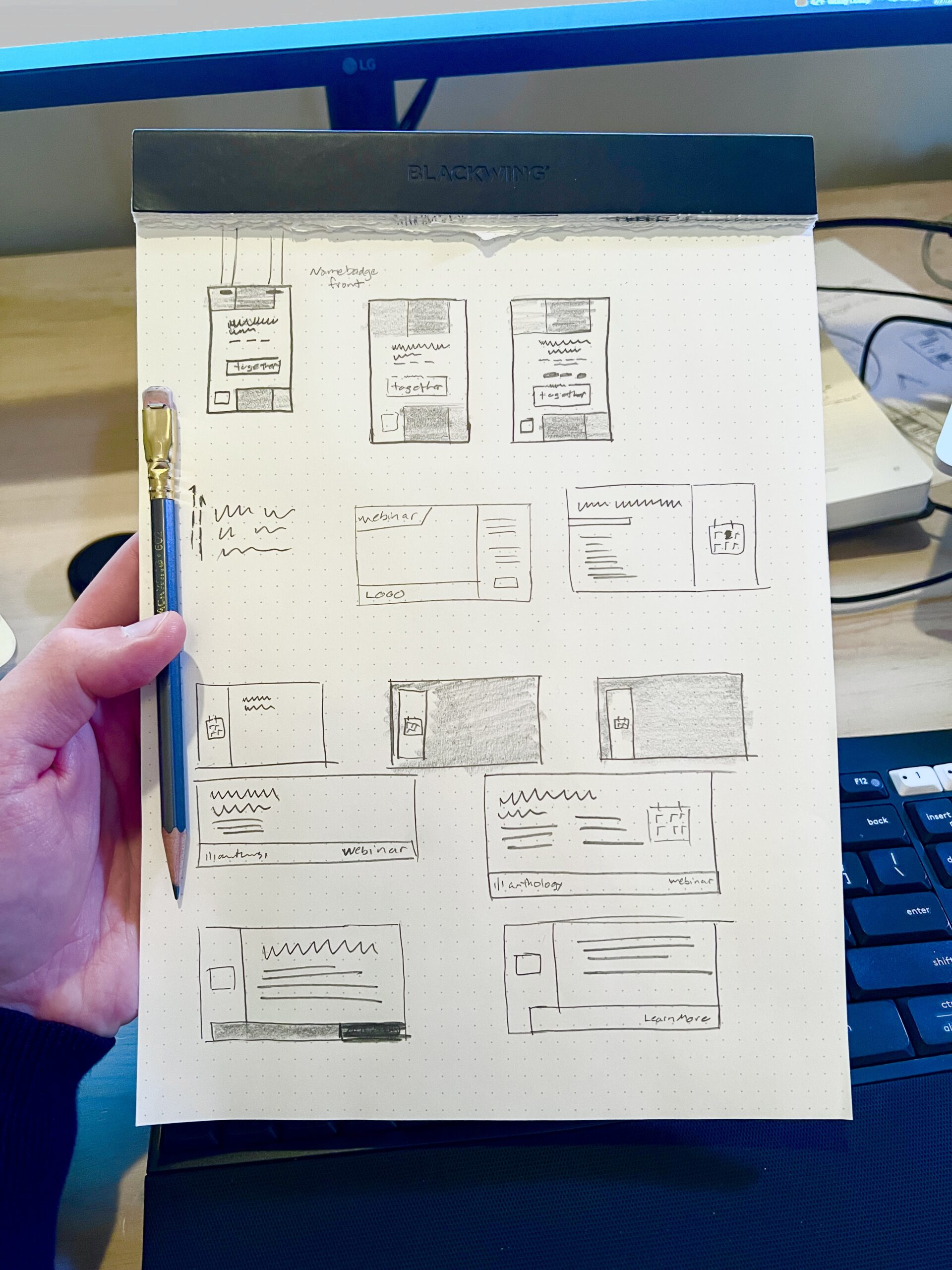 PLAY VIDEO
PLAY VIDEO -
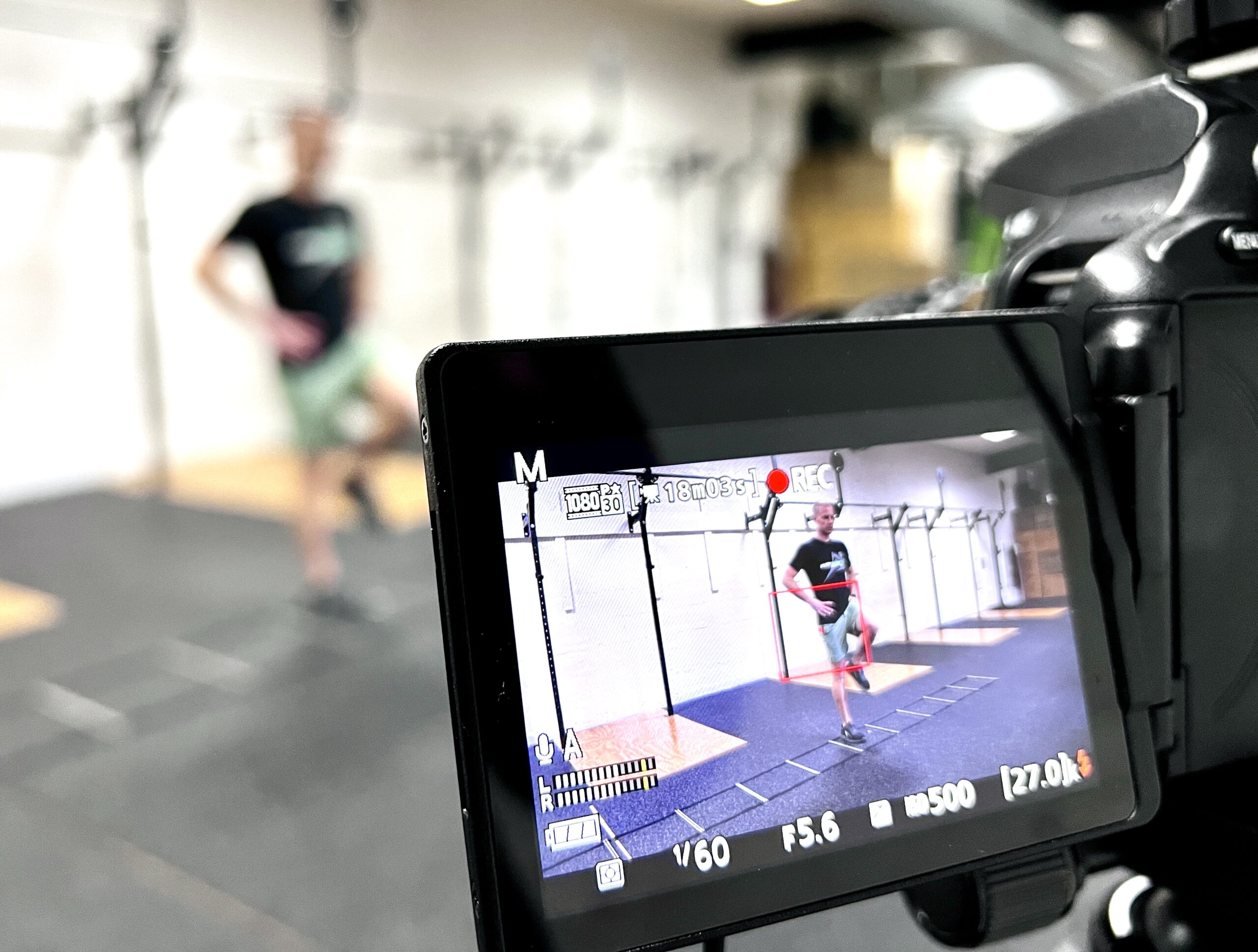 PLAY VIDEO
PLAY VIDEO -
 PLAY VIDEO
PLAY VIDEO -
 PLAY VIDEO
PLAY VIDEO -
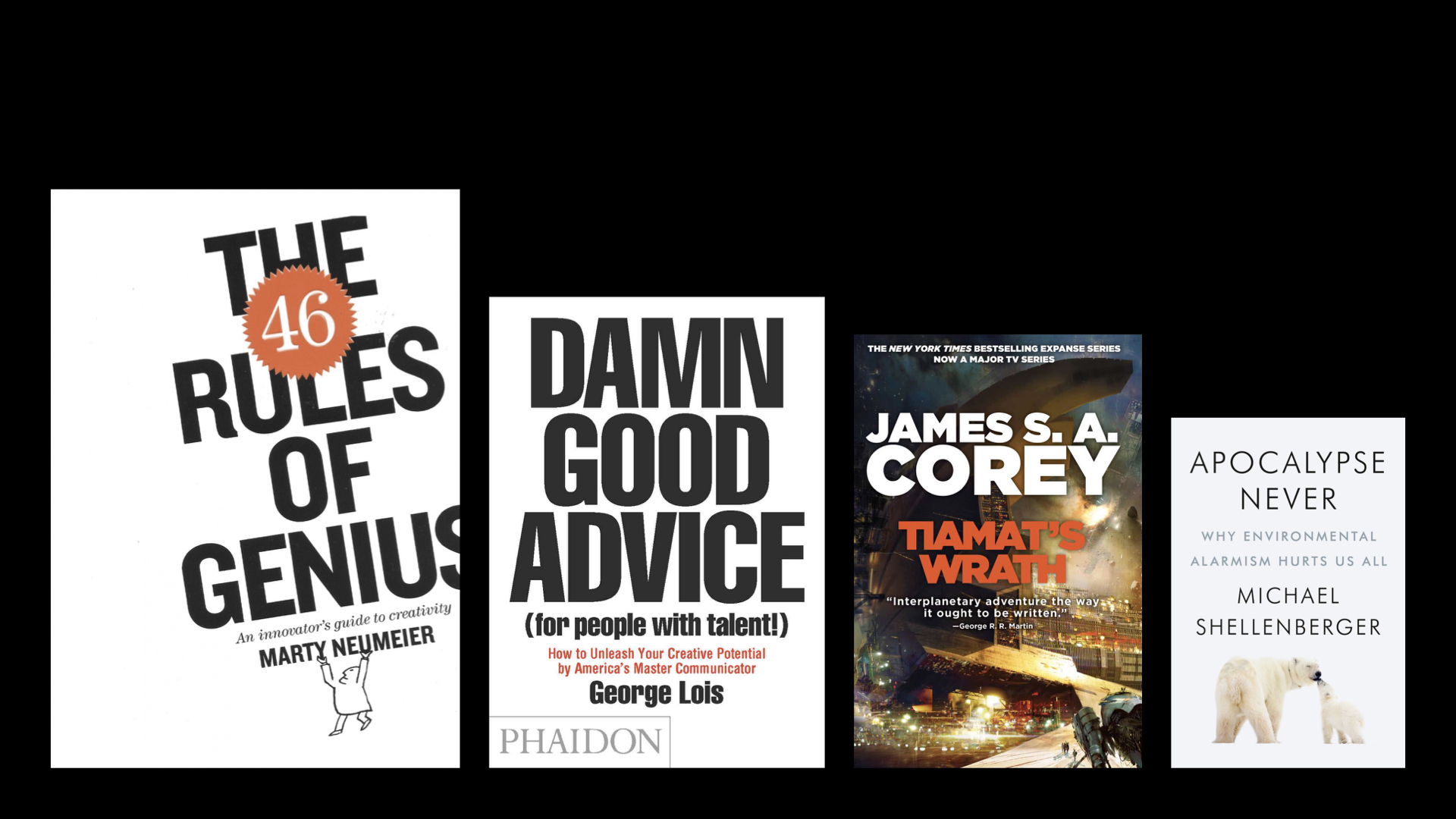 PLAY VIDEO
PLAY VIDEO -
 PLAY VIDEO
PLAY VIDEO -
 PLAY VIDEO
PLAY VIDEO -
 PLAY VIDEO
PLAY VIDEO -
 PLAY VIDEO
PLAY VIDEO -
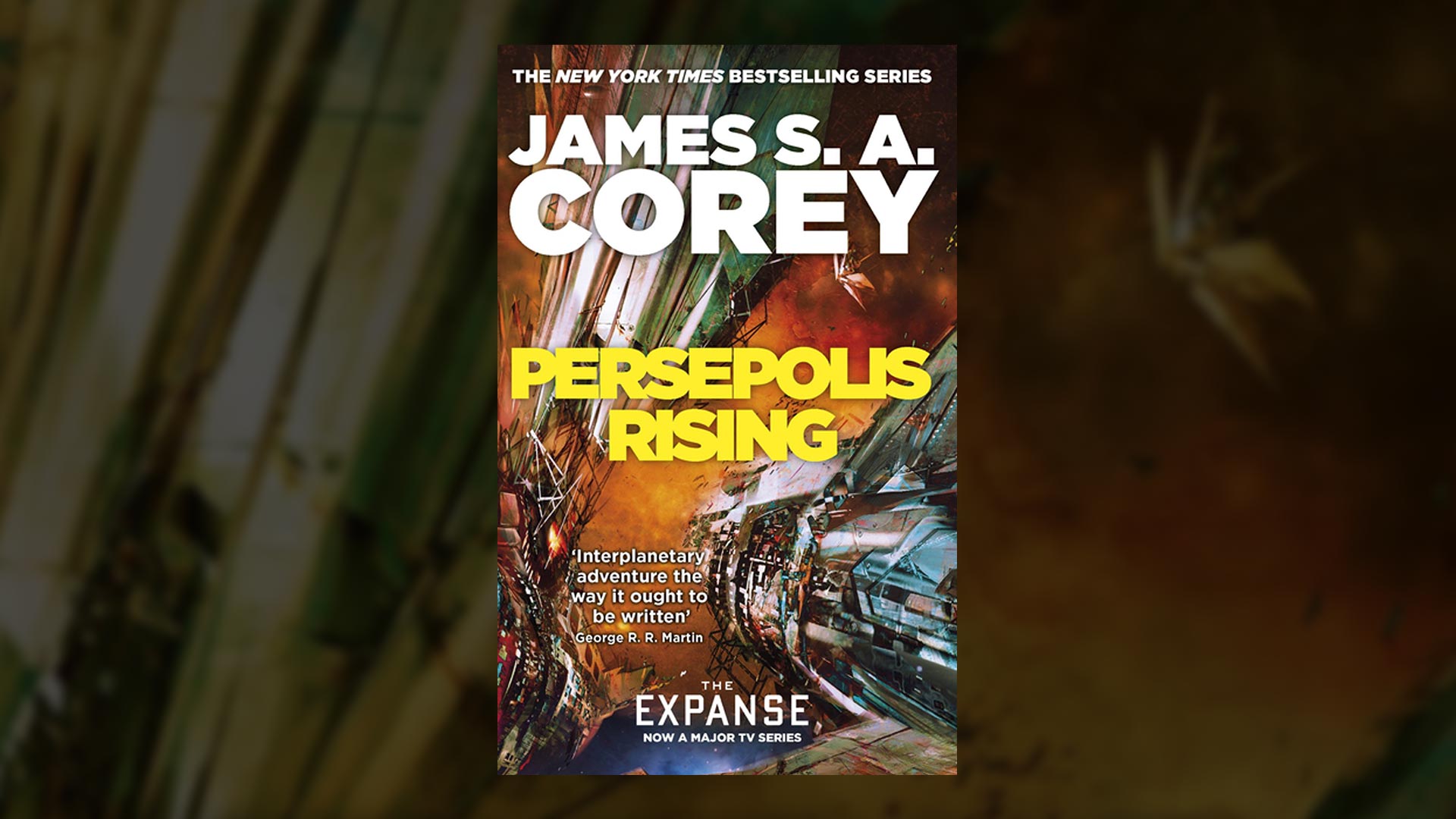 PLAY VIDEO
PLAY VIDEO -
 PLAY VIDEO
PLAY VIDEO -
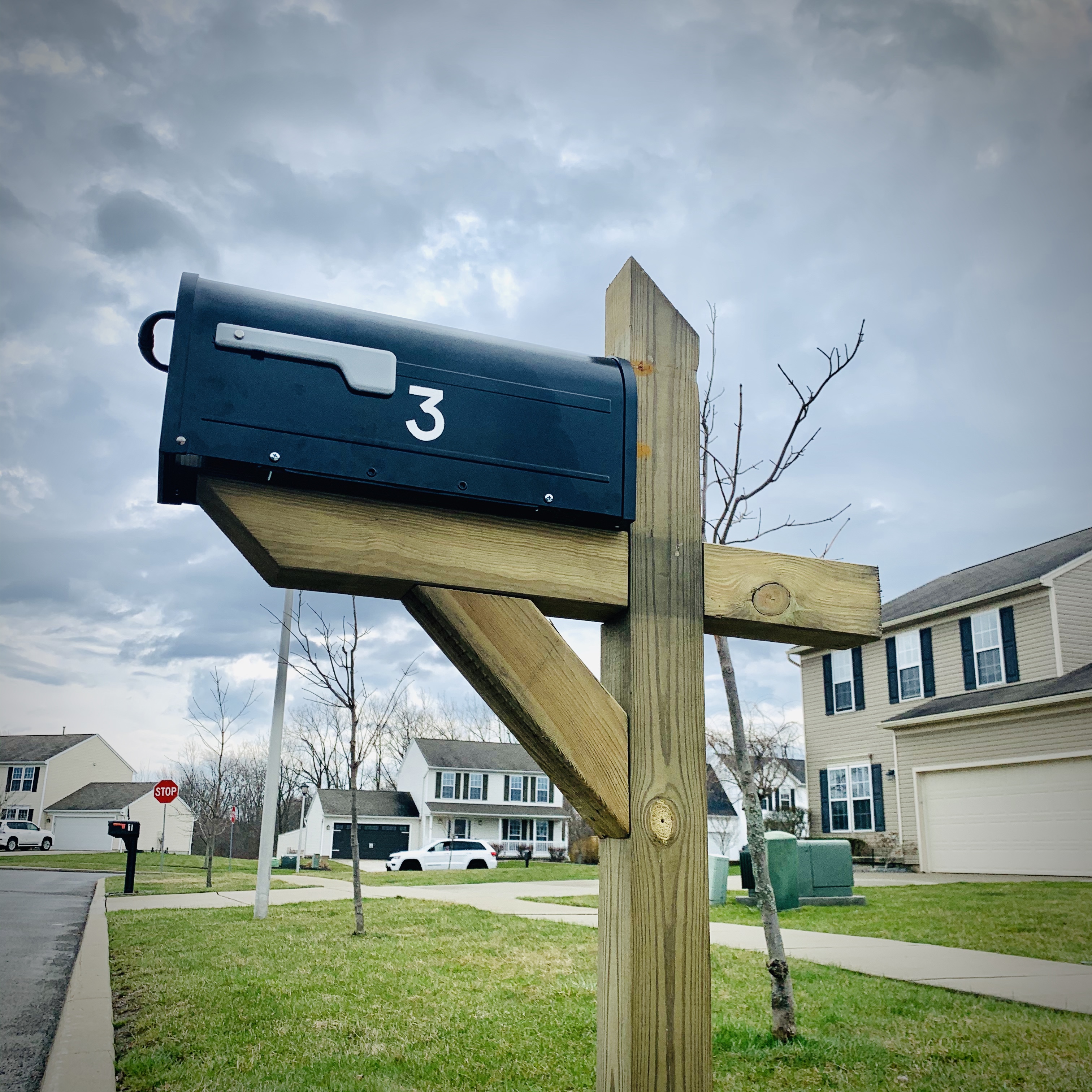 PLAY VIDEO
PLAY VIDEO -
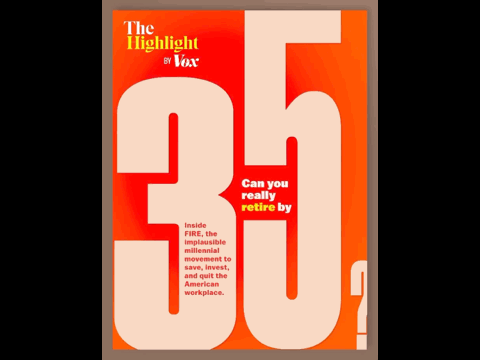 PLAY VIDEO
PLAY VIDEO -
 PLAY VIDEO
PLAY VIDEO -
 PLAY VIDEO
PLAY VIDEO -
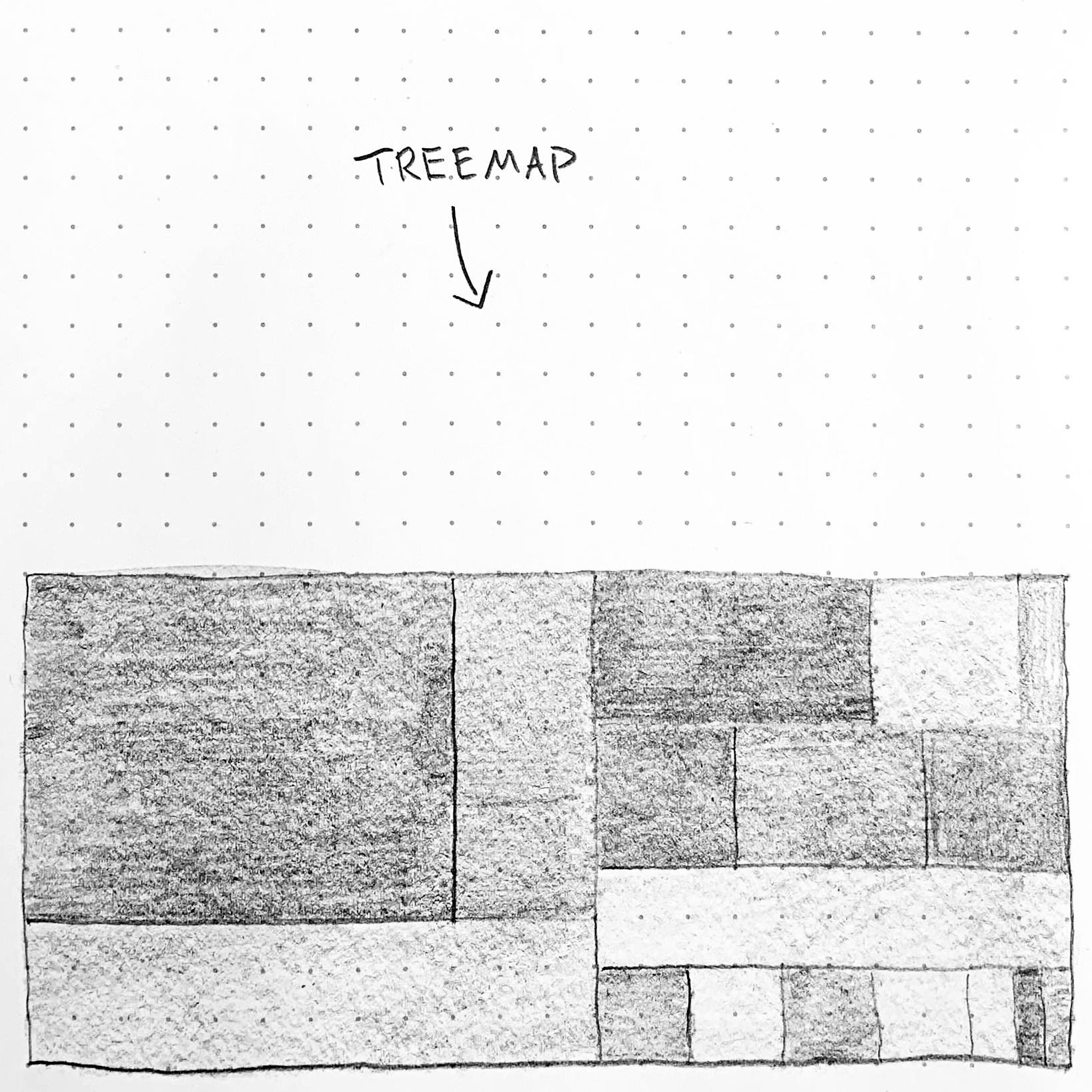 PLAY VIDEO
PLAY VIDEO -
 PLAY VIDEO
PLAY VIDEO -
 PLAY VIDEO
PLAY VIDEO -
PLAY VIDEO
-
 PLAY VIDEO
PLAY VIDEO -
PLAY VIDEO
-
PLAY VIDEO
-
PLAY VIDEO
-
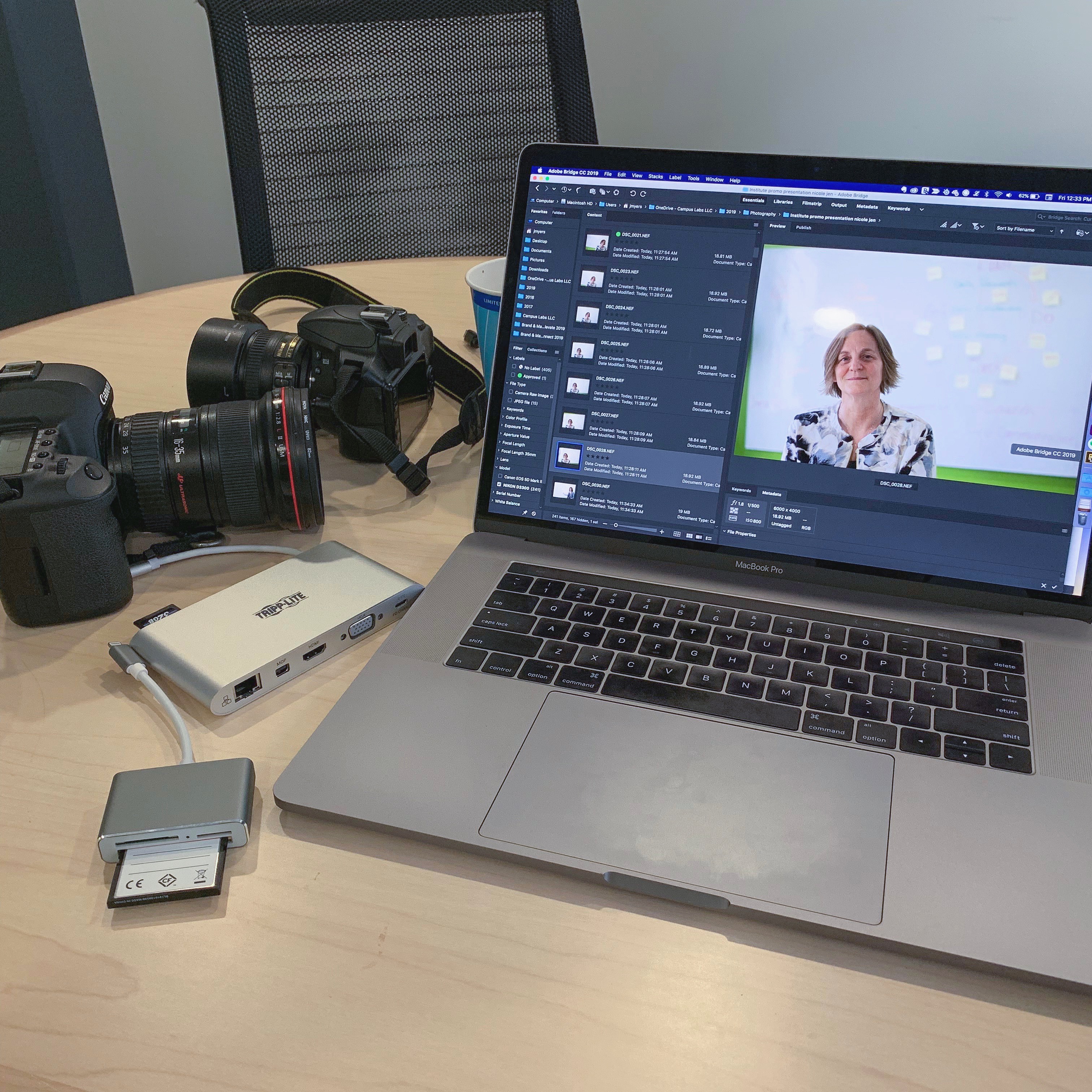 PLAY VIDEO
PLAY VIDEO -
PLAY VIDEO
-
PLAY VIDEO
-
PLAY VIDEO
-
PLAY VIDEO
-
PLAY VIDEO
-
PLAY VIDEO
-
PLAY VIDEO
-
PLAY VIDEO
-
PLAY VIDEO
-
PLAY VIDEO
-
PLAY VIDEO
-
PLAY VIDEO
-
PLAY VIDEO
-
PLAY VIDEO
-
PLAY VIDEO
-
PLAY VIDEO
-
PLAY VIDEO
-
PLAY VIDEO
-
PLAY VIDEO
-
PLAY VIDEO
-
PLAY VIDEO
-
PLAY VIDEO
-
PLAY VIDEO
-
PLAY VIDEO
-
PLAY VIDEO
-
PLAY VIDEO
-
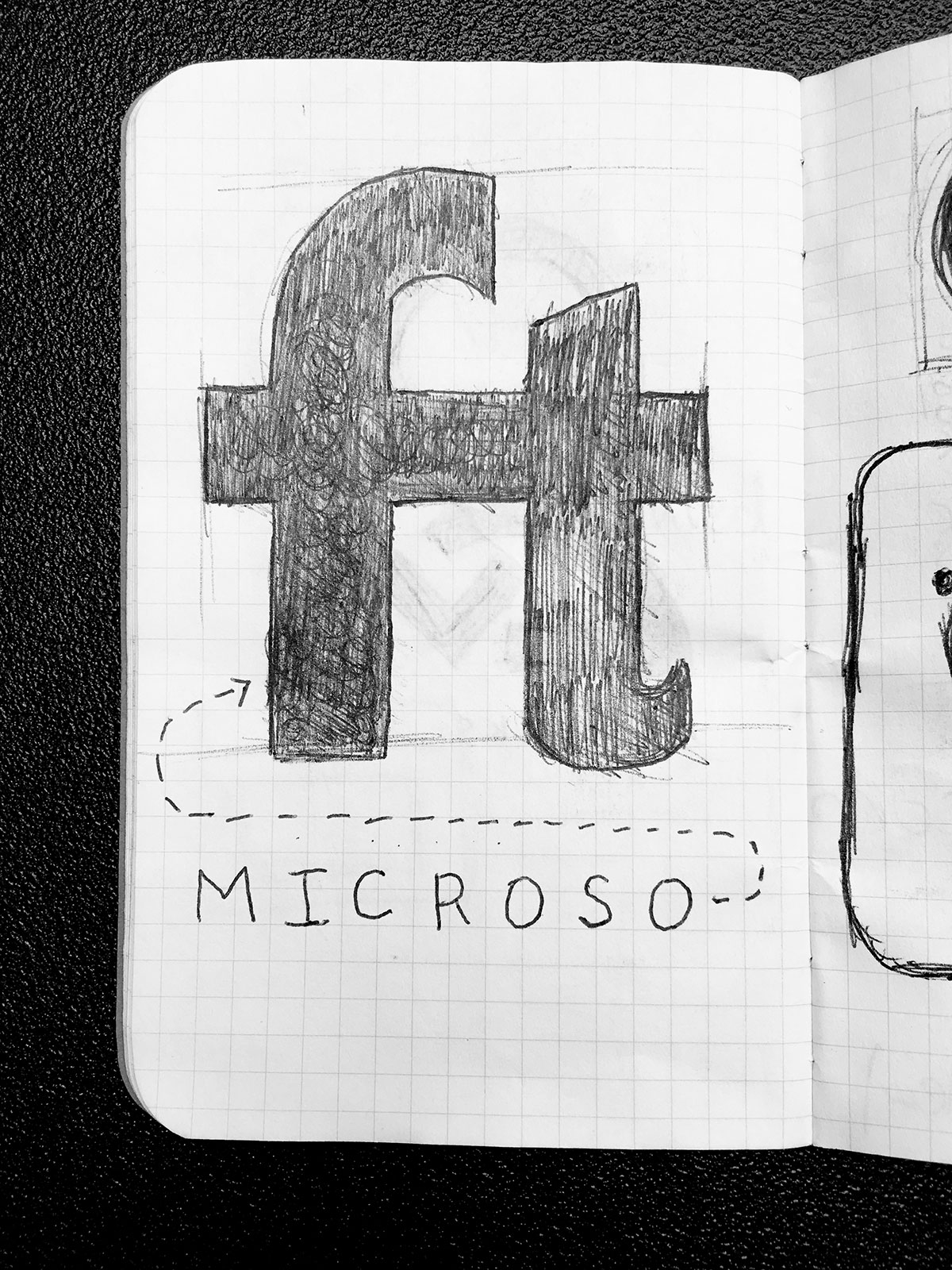 PLAY VIDEO
PLAY VIDEO -
PLAY VIDEO
-
PLAY VIDEO
-
PLAY VIDEO
-
 PLAY VIDEO
PLAY VIDEO -
PLAY VIDEO
-
PLAY VIDEO
-
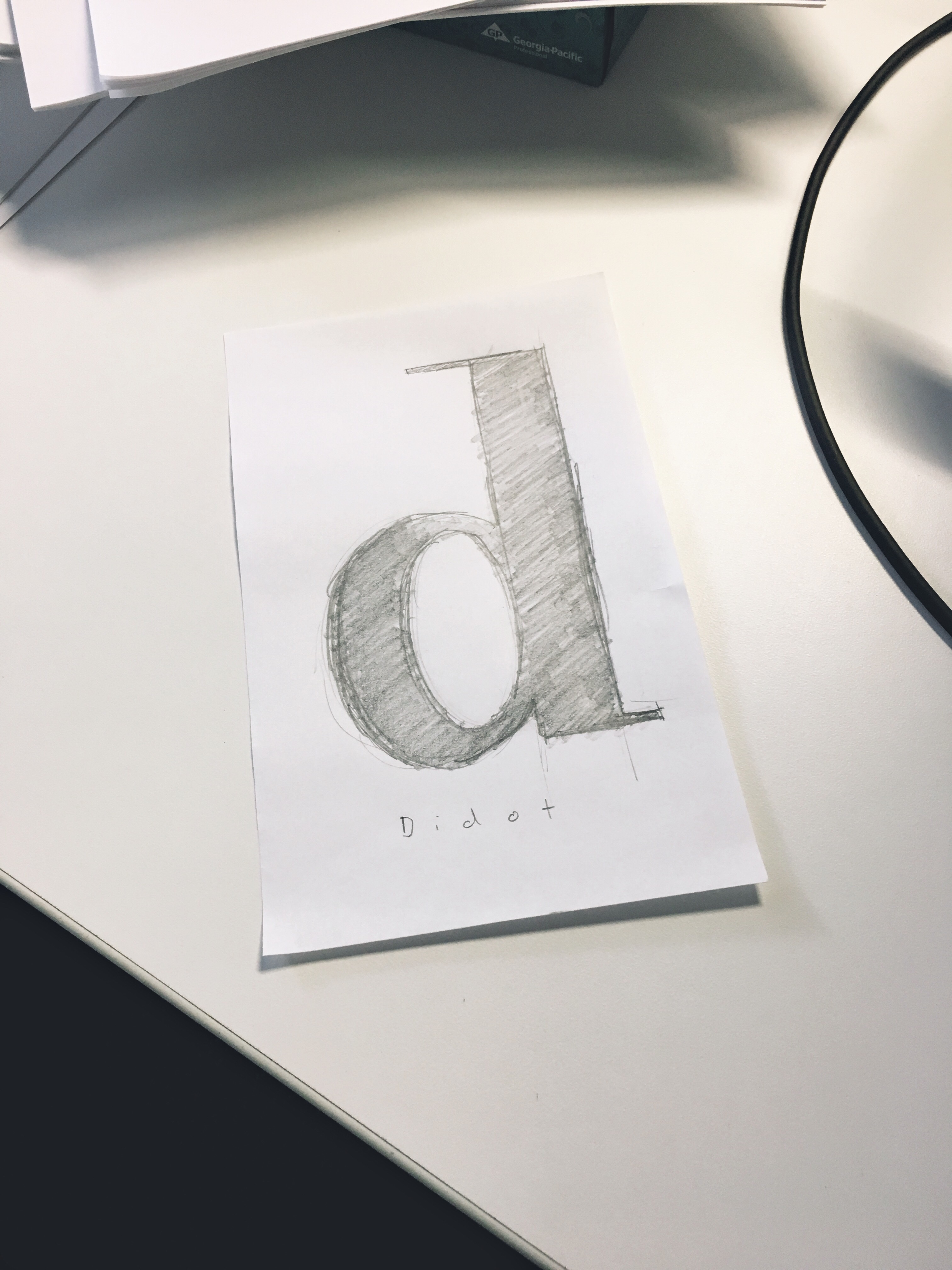 PLAY VIDEO
PLAY VIDEO -
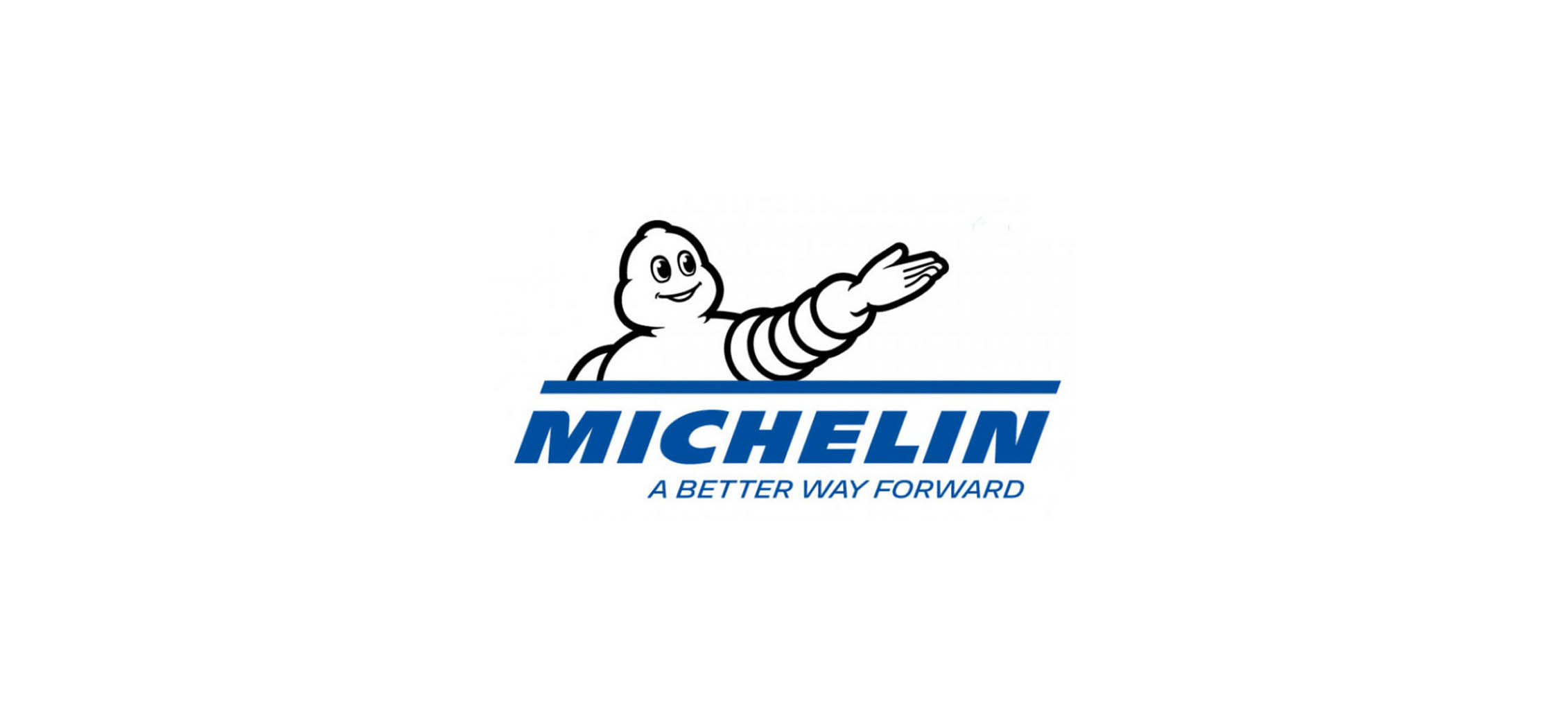 PLAY VIDEO
PLAY VIDEO -
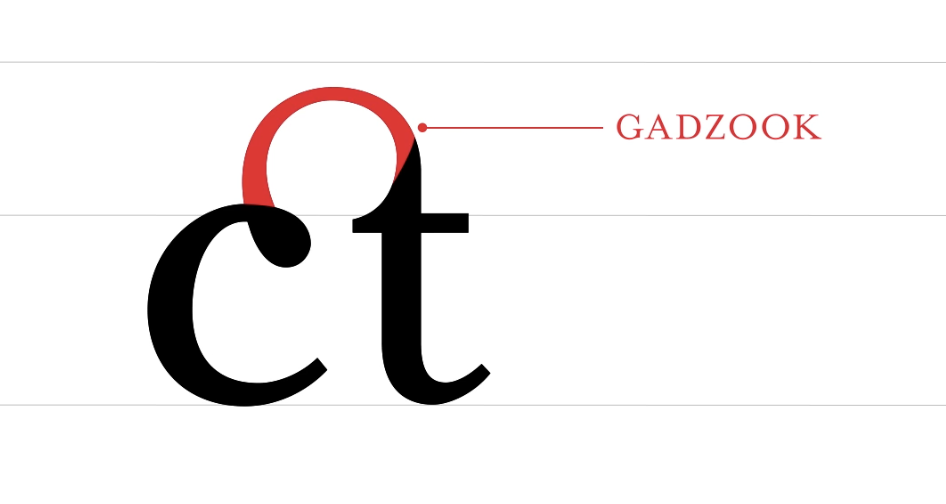 PLAY VIDEO
PLAY VIDEO -
 PLAY VIDEO
PLAY VIDEO -
 PLAY VIDEO
PLAY VIDEO -
 PLAY VIDEO
PLAY VIDEO -
 PLAY VIDEO
PLAY VIDEO -
 PLAY VIDEO
PLAY VIDEO -
PLAY VIDEO
-
 PLAY VIDEO
PLAY VIDEO -
PLAY VIDEO
-
 PLAY VIDEO
PLAY VIDEO -
PLAY VIDEO
-
 PLAY VIDEO
PLAY VIDEO -
 PLAY VIDEO
PLAY VIDEO -
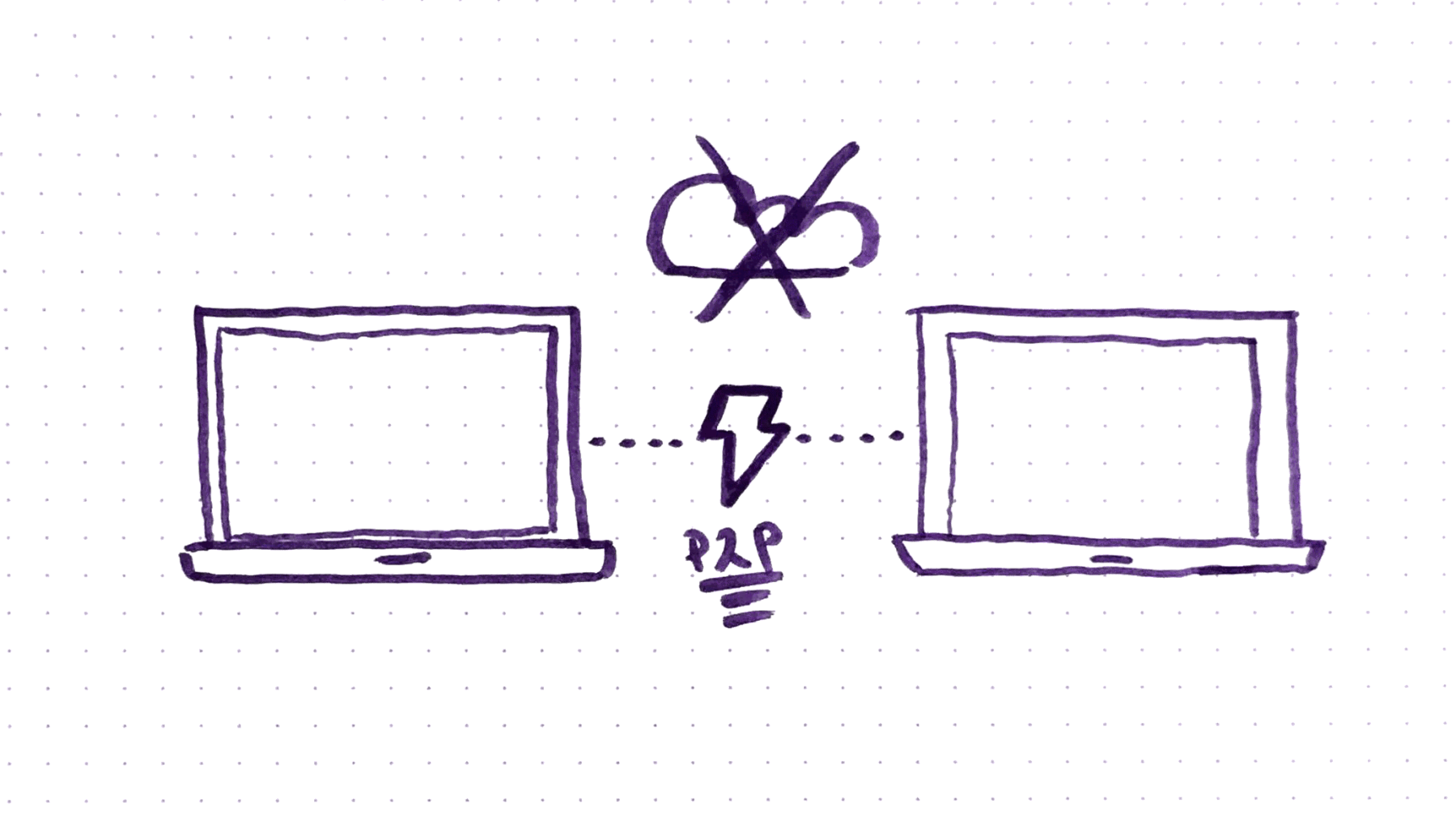 PLAY VIDEO
PLAY VIDEO -
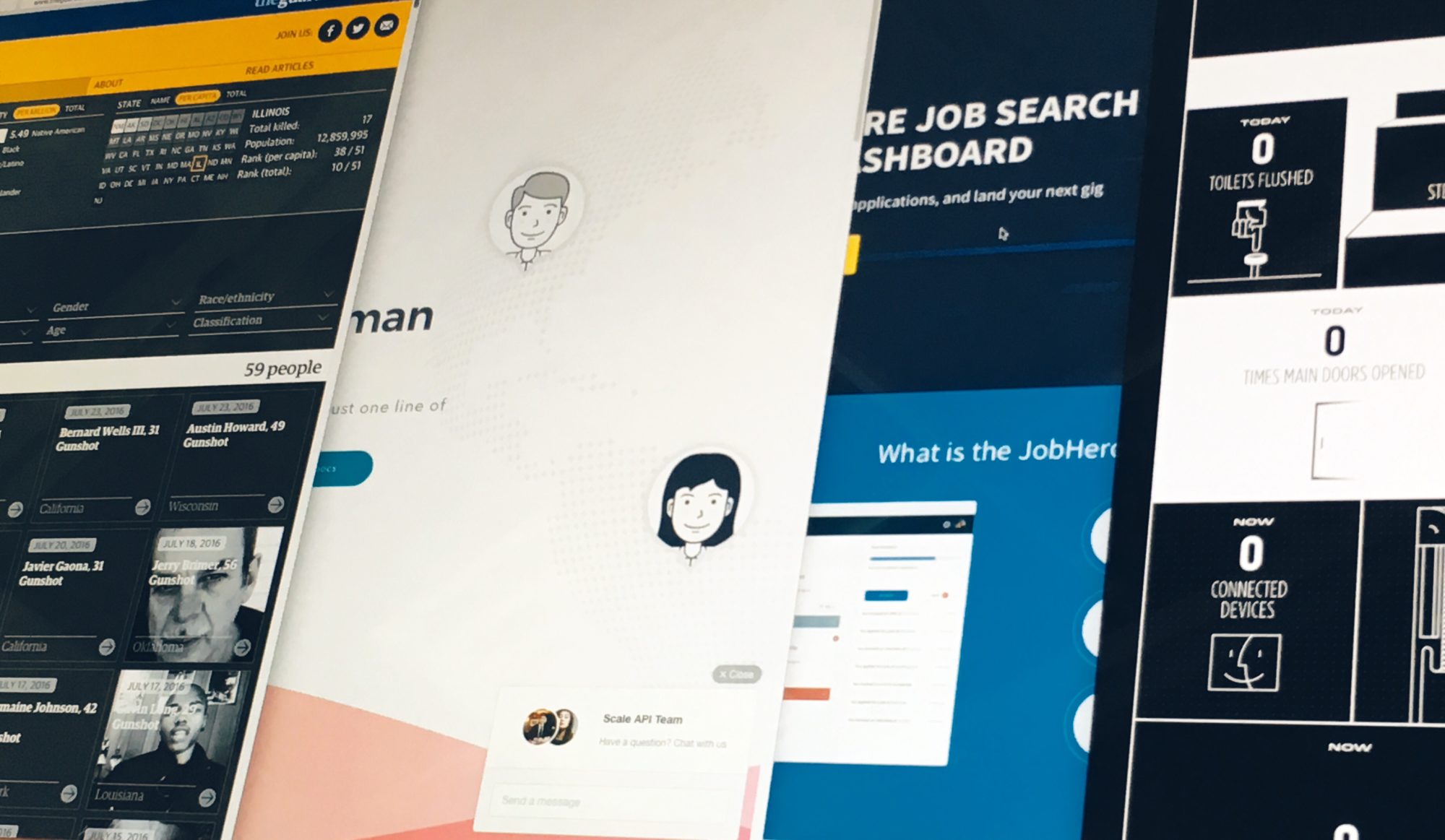 PLAY VIDEO
PLAY VIDEO -
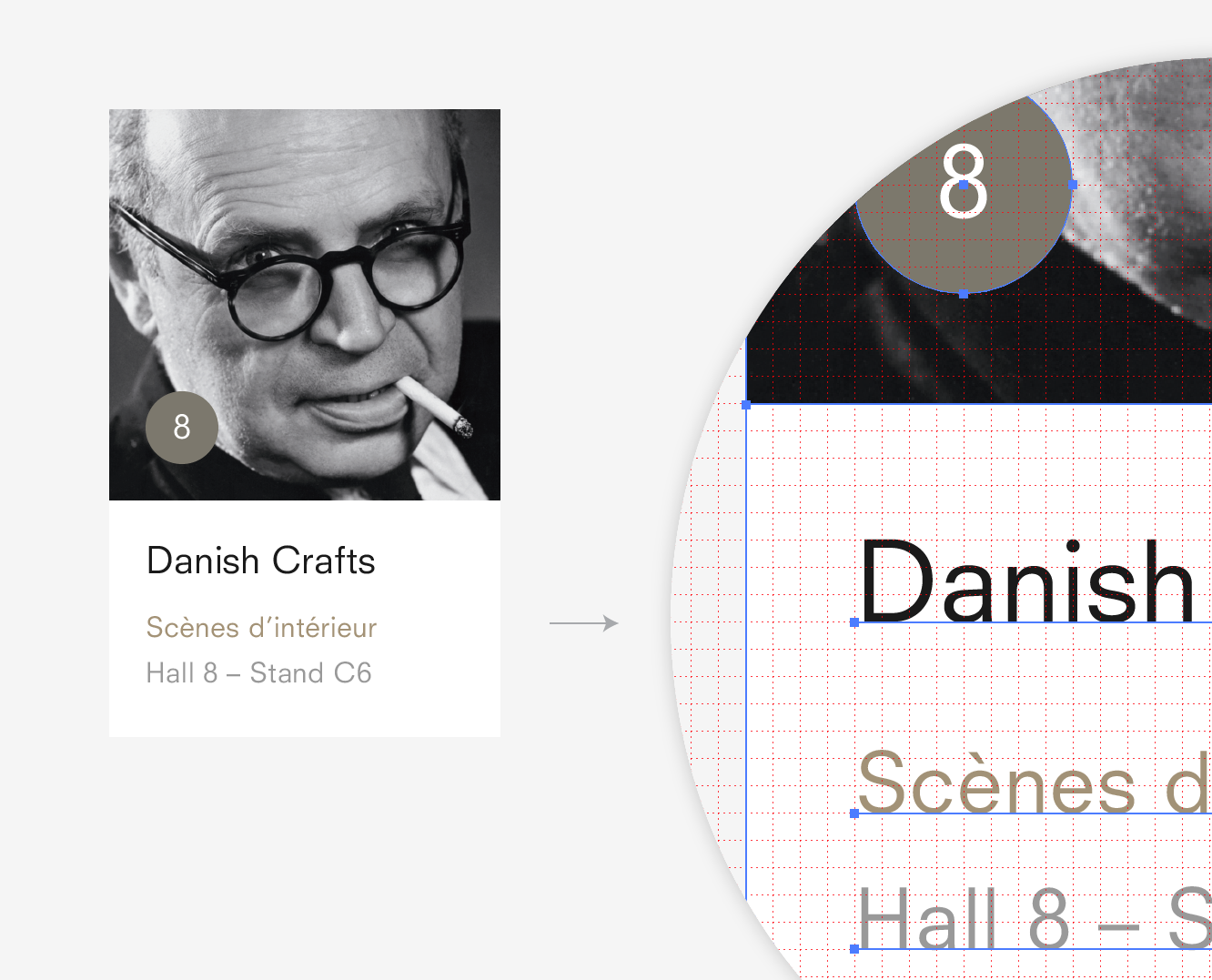 PLAY VIDEO
PLAY VIDEO -
PLAY VIDEO
-
 PLAY VIDEO
PLAY VIDEO -
 PLAY VIDEO
PLAY VIDEO -
 PLAY VIDEO
PLAY VIDEO -
 PLAY VIDEO
PLAY VIDEO -
PLAY VIDEO
-
 PLAY VIDEO
PLAY VIDEO -
PLAY VIDEO
-
PLAY VIDEO
-
 PLAY VIDEO
PLAY VIDEO -
 PLAY VIDEO
PLAY VIDEO -
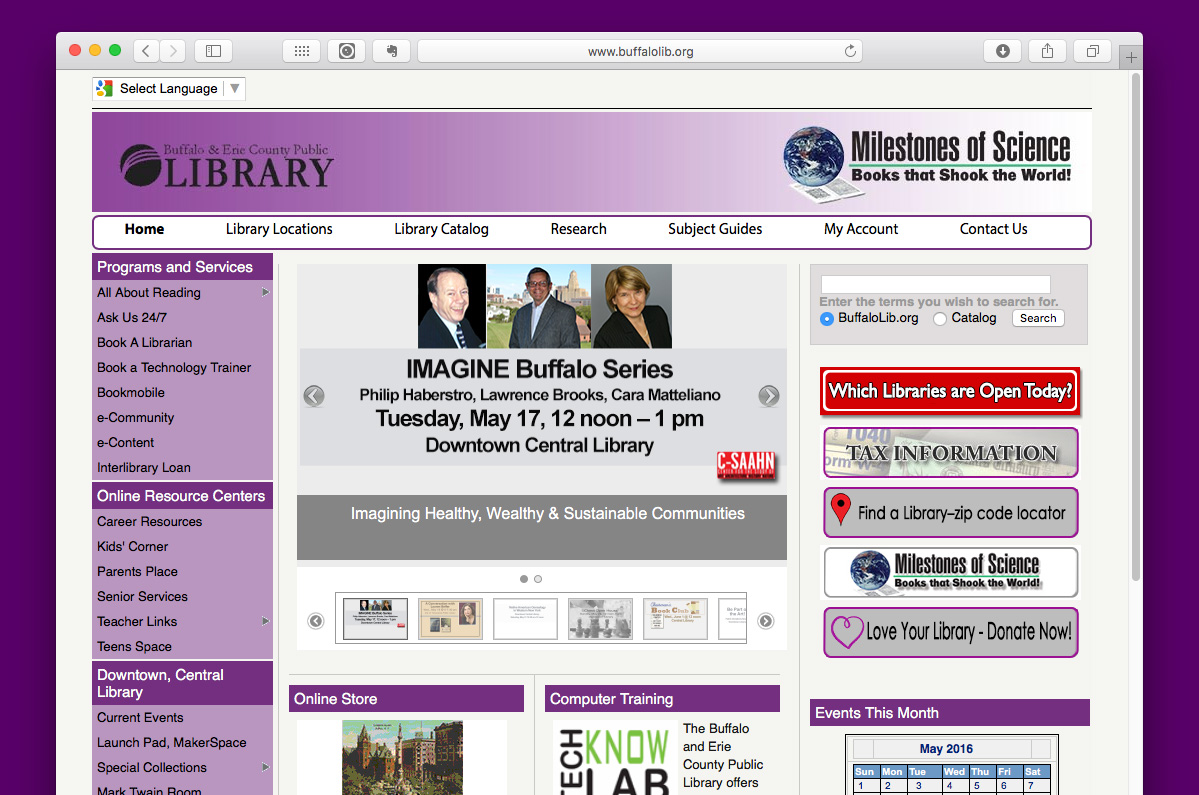 PLAY VIDEO
PLAY VIDEO -
PLAY VIDEO
-
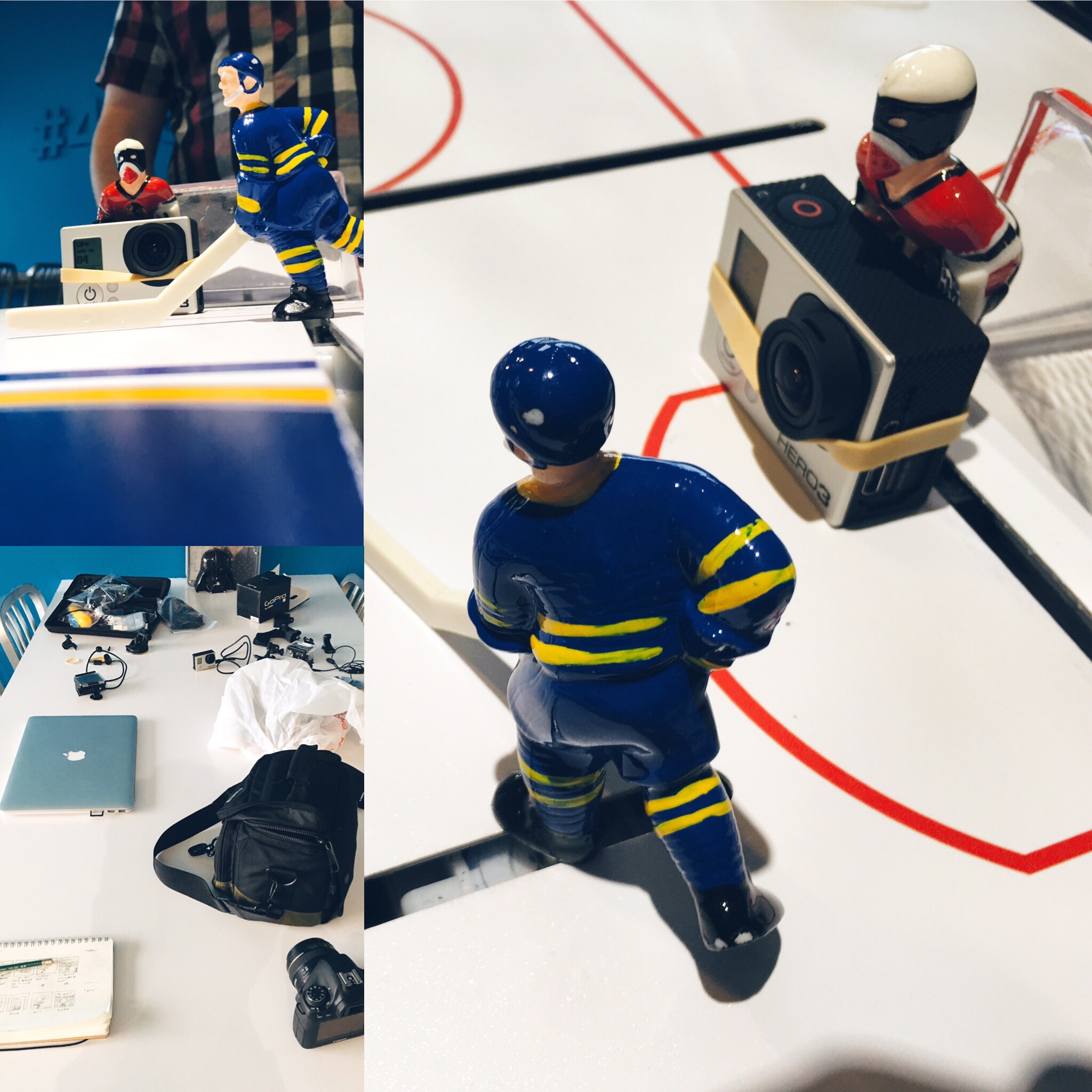 PLAY VIDEO
PLAY VIDEO -
 PLAY VIDEO
PLAY VIDEO -
PLAY VIDEO
-
PLAY VIDEO
-
 PLAY VIDEO
PLAY VIDEO -
PLAY VIDEO
-
PLAY VIDEO
-
 PLAY VIDEO
PLAY VIDEO -
PLAY VIDEO
-
 PLAY VIDEO
PLAY VIDEO -
PLAY VIDEO
-
PLAY VIDEO
-
PLAY VIDEO
-
PLAY VIDEO
-
 PLAY VIDEO
PLAY VIDEO -
PLAY VIDEO
-
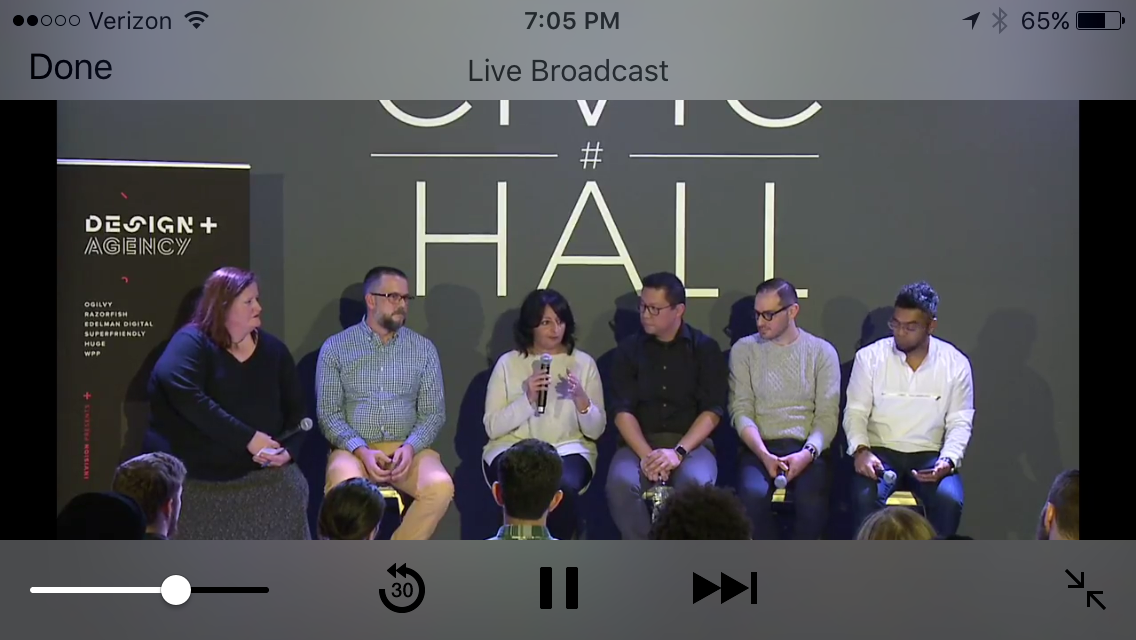 PLAY VIDEO
PLAY VIDEO -
PLAY VIDEO
-
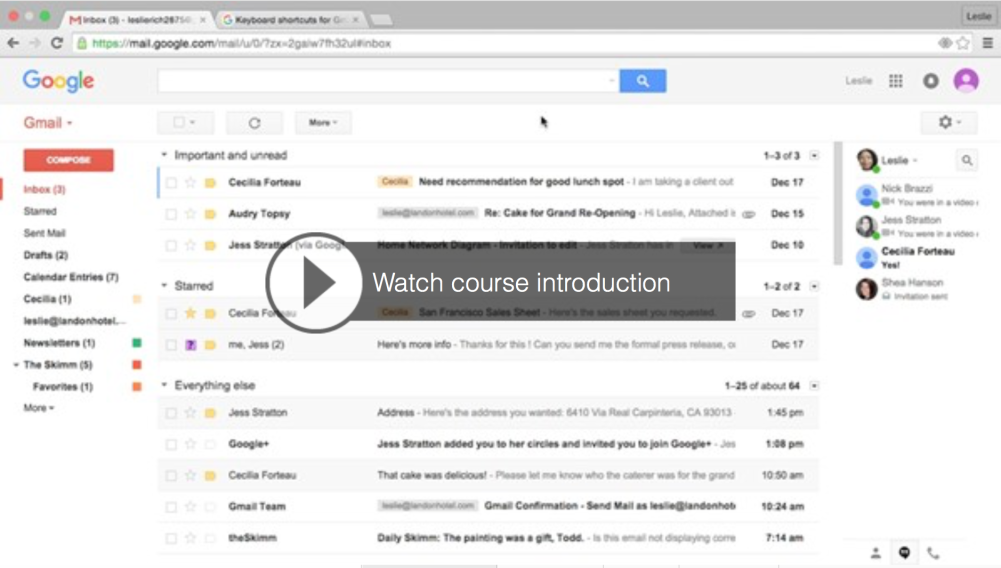 PLAY VIDEO
PLAY VIDEO -
 PLAY VIDEO
PLAY VIDEO -
PLAY VIDEO
-
PLAY VIDEO
-
 PLAY VIDEO
PLAY VIDEO -
 PLAY VIDEO
PLAY VIDEO -
 PLAY VIDEO
PLAY VIDEO -
 PLAY VIDEO
PLAY VIDEO -
 PLAY VIDEO
PLAY VIDEO -
PLAY VIDEO
-
 PLAY VIDEO
PLAY VIDEO -
 PLAY VIDEO
PLAY VIDEO -
 PLAY VIDEO
PLAY VIDEO -
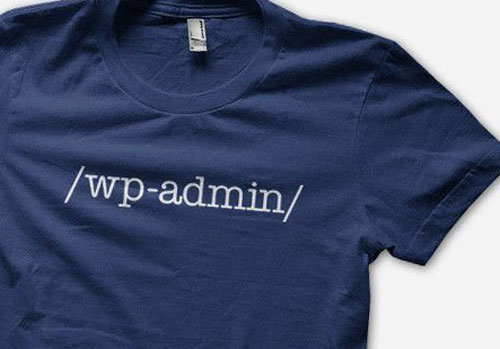 PLAY VIDEO
PLAY VIDEO -
PLAY VIDEO
-
PLAY VIDEO
-
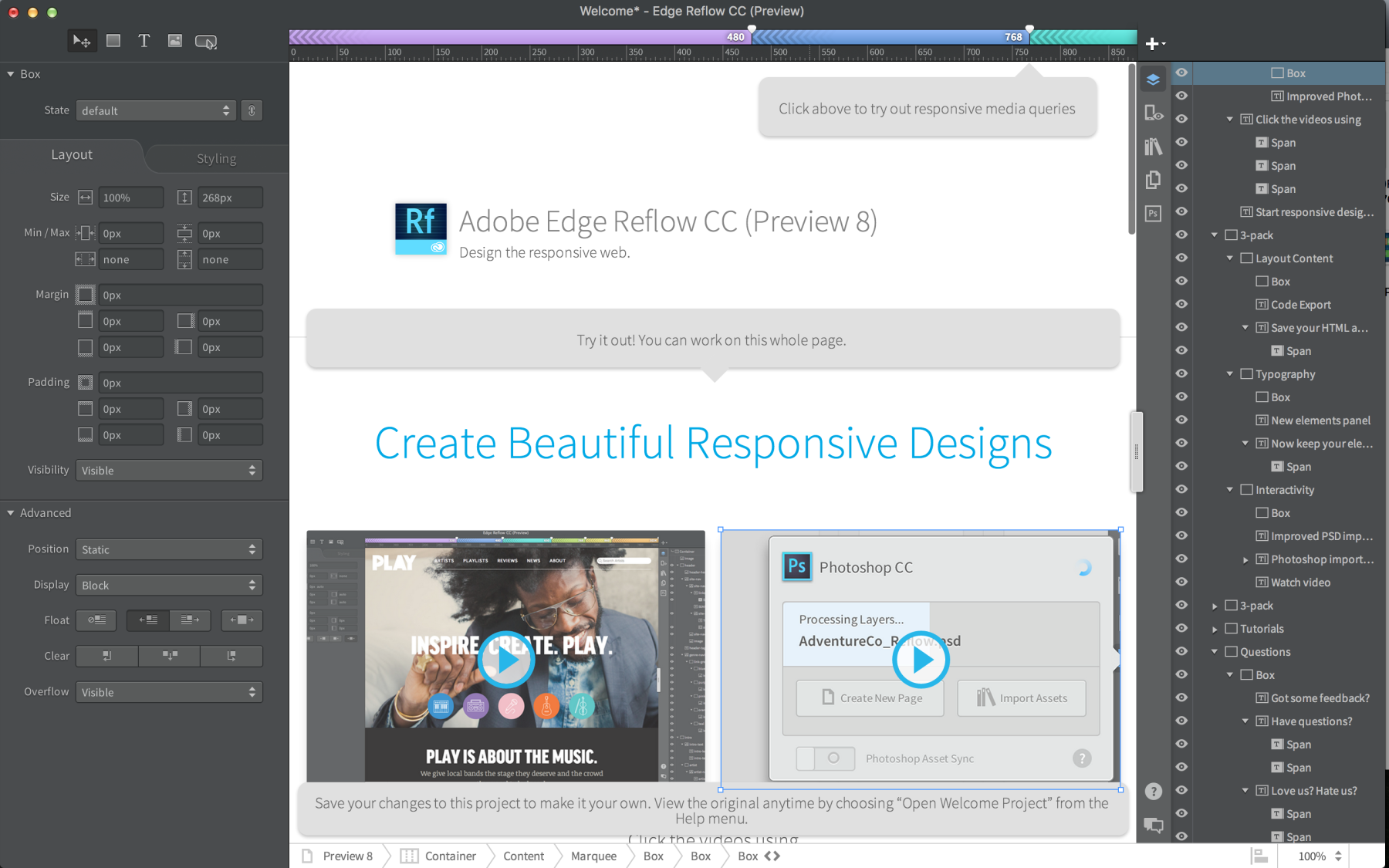 PLAY VIDEO
PLAY VIDEO -
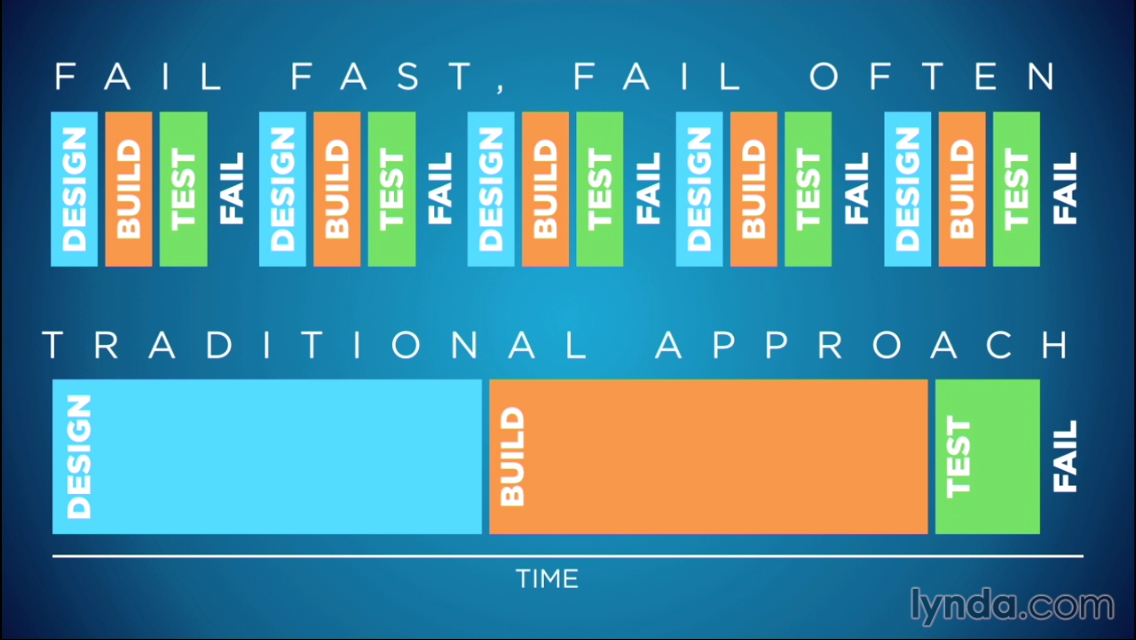 PLAY VIDEO
PLAY VIDEO -
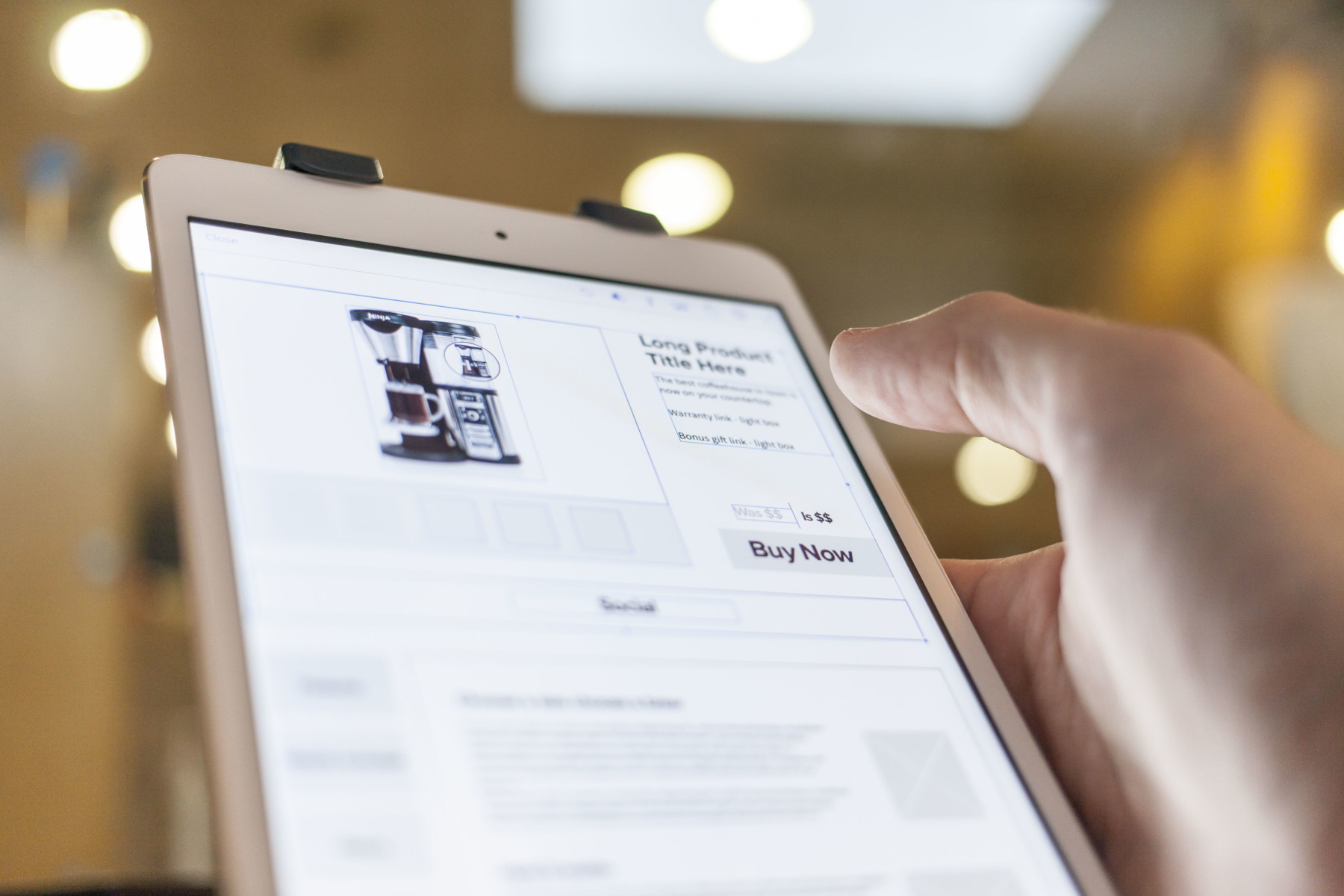 PLAY VIDEO
PLAY VIDEO -
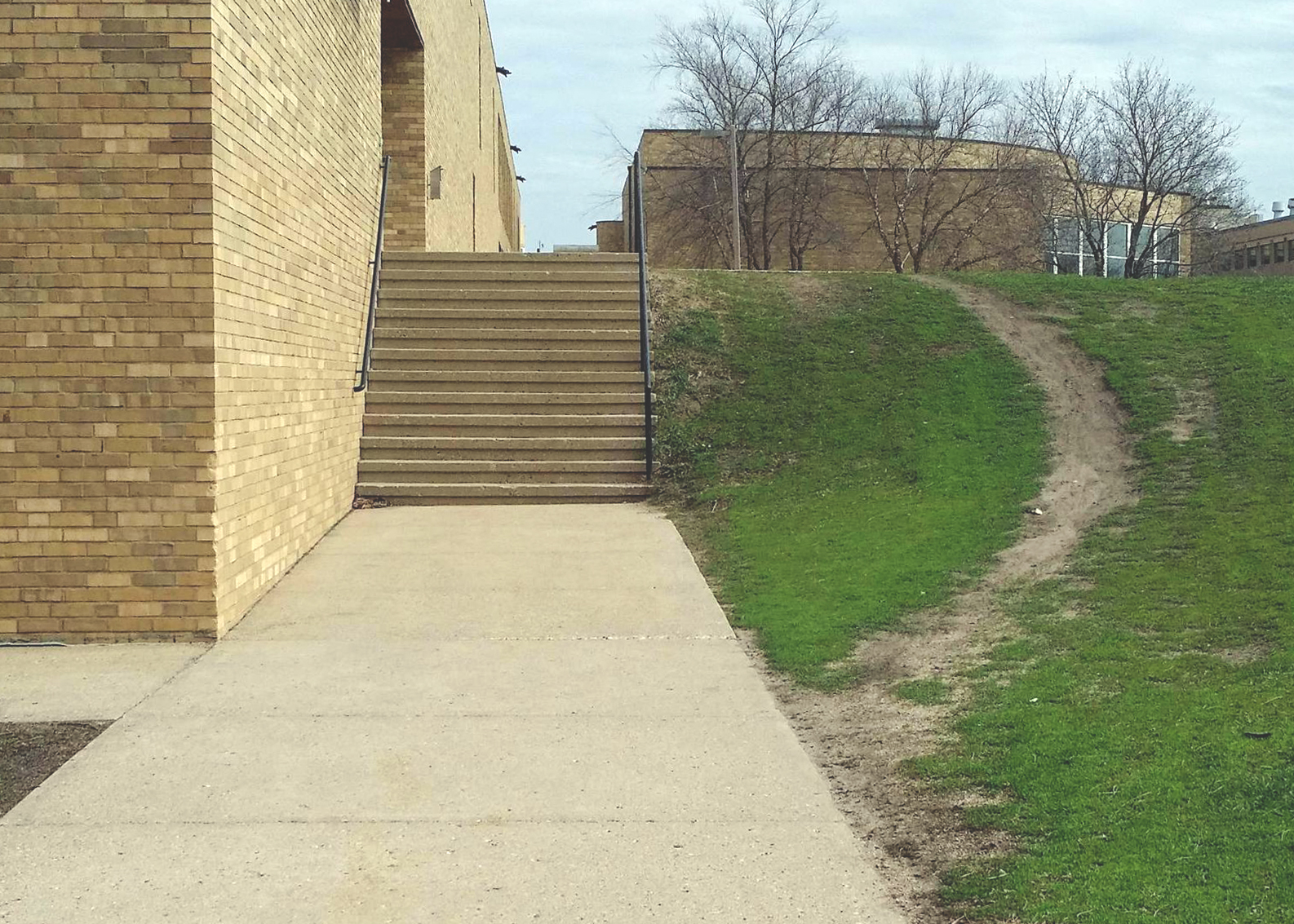 PLAY VIDEO
PLAY VIDEO
